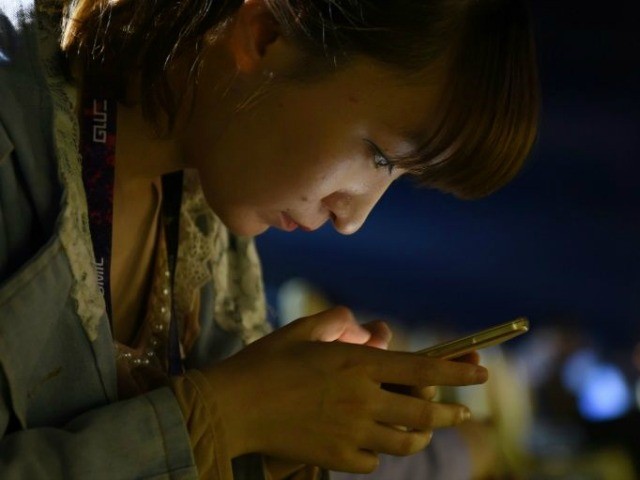Weibo, a Chinese microblogging platform, announced on Thursday plans to publish the IP addresses of all Weibo users both on their individual account pages and whenever they post comments, stating it was part of an effort to prevent “bad behavior” online, Reuters reported.
Administrators of Weibo, sometimes referred to as “Chinese Twitter,” announced the new measure in Mandarin via the company’s own Weibo account on April 28. Reuters relayed translated excerpts of the press release on Thursday, writing, “For users in China, the platform will display the province or municipality where they are posting from… For those using Weibo overseas, the country of users’ IP addresses will be displayed.”
Weibo, which boasts over 570 million monthly active users, said its new IP address policy was intended to “reduce bad behaviour such as impersonating parties involved in hot topic issues, malicious disinformation and traffic scraping, and to ensure the authenticity and transparency of the content disseminated.”
The new measure went into immediate effect on April 28 upon the press release’s posting on Weibo. Users of Weibo will not be able to turn off the feature. An IP address, or “internet protocol address,” serves as an identifying number associated with a specific computer or computer network, according to Investopedia.
“An IP address allows information to be sent and received by the correct parties, which means it can also be used to track down a user’s physical location in some instances,” the website noted.

GREG BAKER/AFP/Getty Images
China’s ruling Communist Party tightly regulates the nation’s highly censored internet. Beijing has backed a wide-ranging campaign to “clean up” China’s internet since 2015, with specific efforts targeting pornography and violent content.
Chinese internet censors shut down over 13,000 websites and nearly 10 million “accounts” (likely on social media platforms) between early 2015 and late 2017, according to a December 2017 report by Reuters. The news agency cited as its source an original article by Xinhua, China’s official state press agency.
“Xinhua said that over the past five years, more than 10 million people who refused to register using their real names had internet or other telecoms accounts suspended,” Reuters relayed at the time.
“Chinese social media sites that fail to censor critical content face financial sanctions as well as temporary suspensions of service under current law,” the news agency noted on April 28.
“Weibo, which has been on the receiving end of several fines from China’s cyberspace regulator over the past year, frequently publishes notices about its efforts to combat bad behaviour online, including posting the names of accounts punished,” Reuters observed on Thursday.

COMMENTS
Please let us know if you're having issues with commenting.